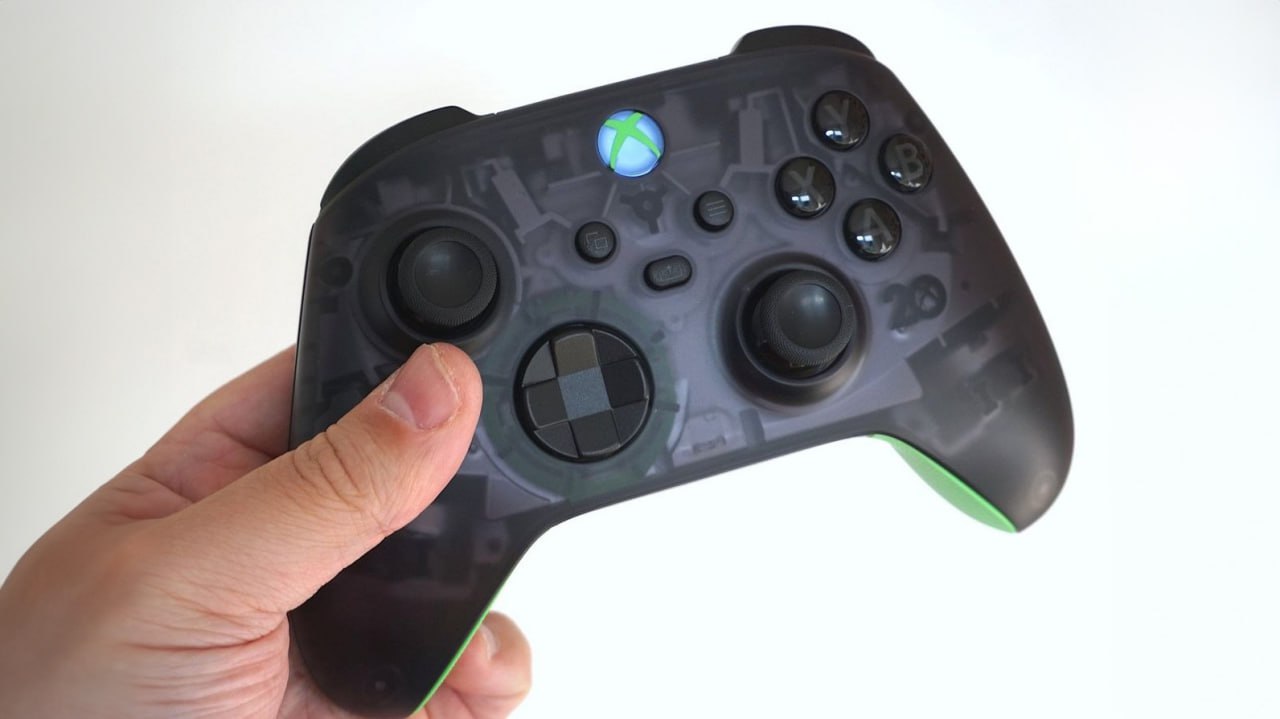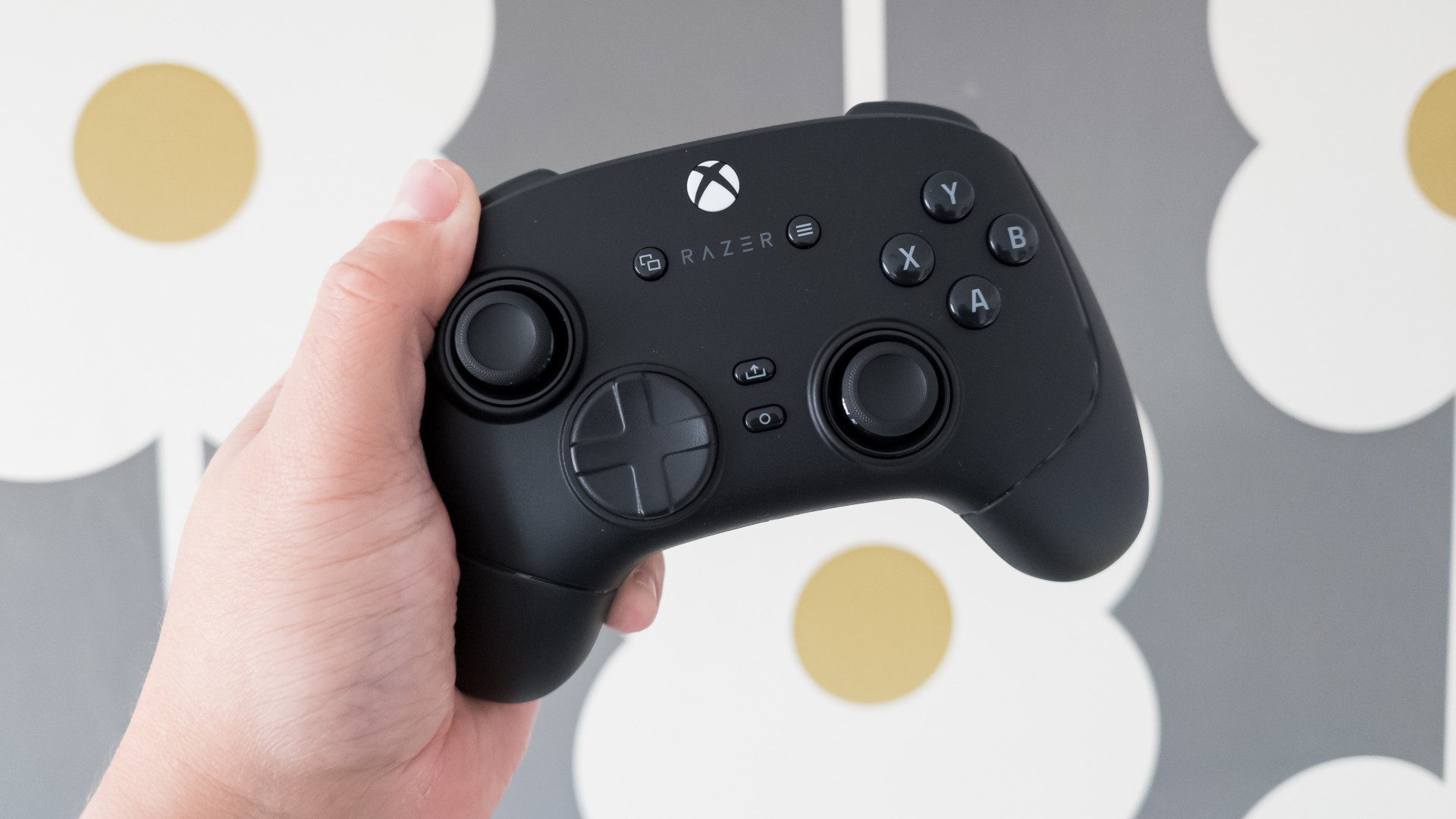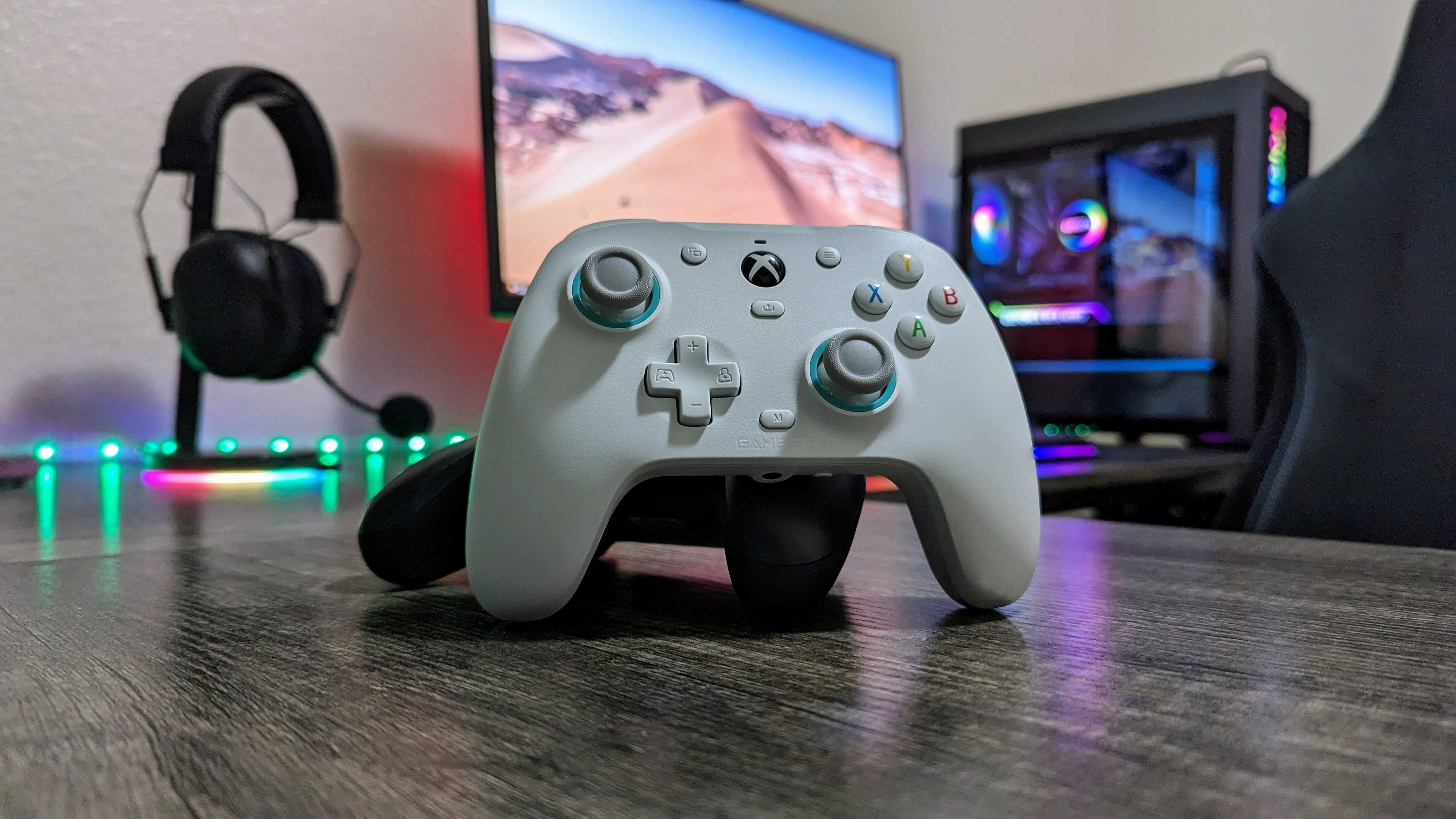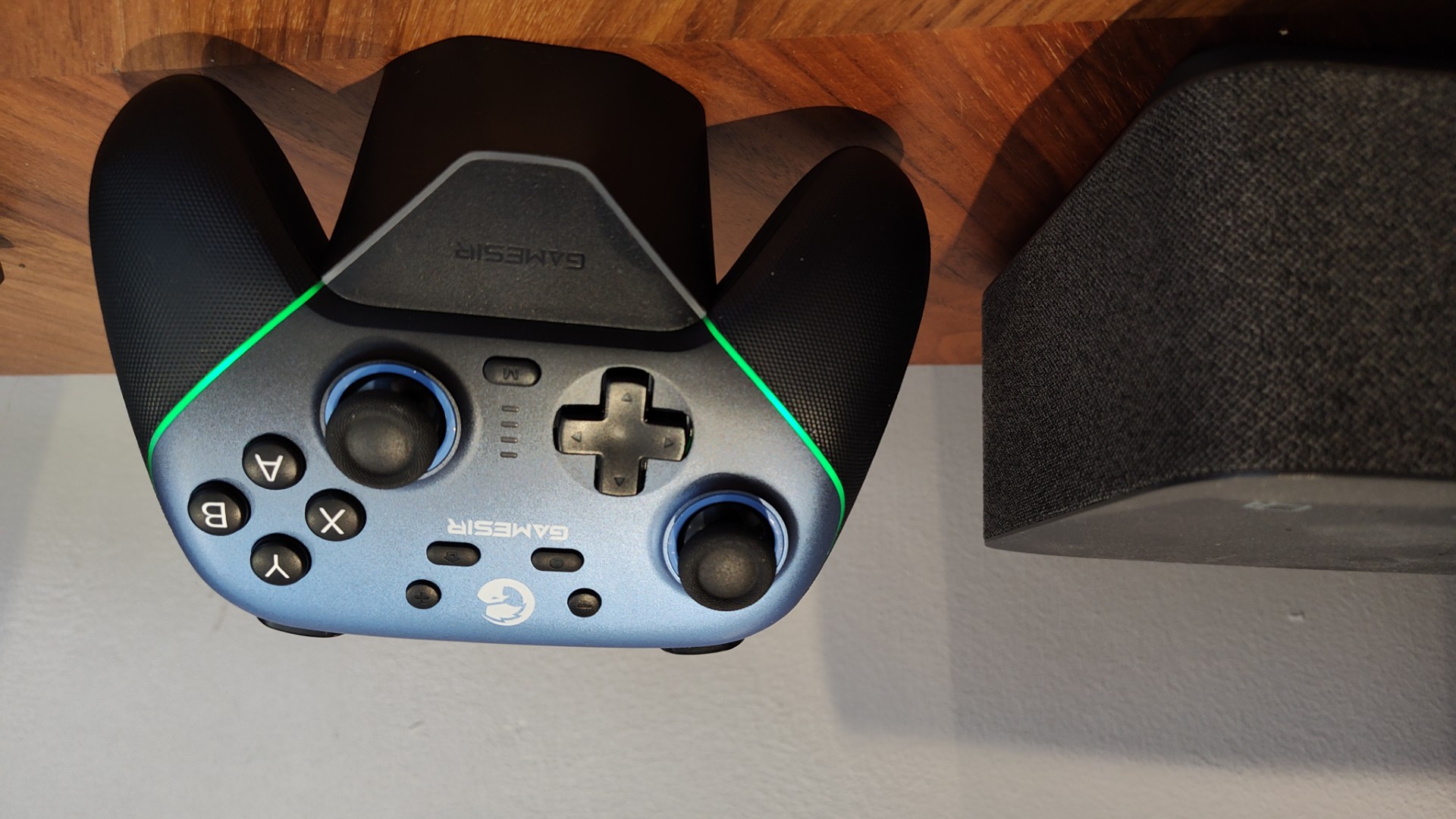Microsoft needs to add this key feature to the Xbox controller, and quickly
Hall effect benefits everyone and is not a technology limited to just high-end, expensive controllers. We need it now.

An interesting conversation with my colleague, Sean Endicott, yesterday about Hall Effect controllers started the cogs inside my head turning a little. It started with Razer's new, utterly magnificent Wolverine V3 Pro, a new wireless controller that contains the magic feature.
The conversation then boiled down to a pretty important question: "Why isn't Microsoft using this on the Xbox controller yet?"
Why indeed.
The sad truth is that there still aren't that many Xbox controllers out in the wild that use Hall Effect sticks. Considering the vast advantage to using them over traditional analog sticks, why on earth isn't it more widespread? The Xbox controller is hardly known for durability and long life span, after all.
Xbox needs to start leading by example.
What is Hall Effect, and why is it so important?

We have a full explainer article you can digest at your leisure on exactly what Hall Effect is and why you want to have it. As such, I'm not going to fill this page with words one of my esteemed colleagues has already written.
But in summary, from that same article:
Get the Windows Central Newsletter
All the latest news, reviews, and guides for Windows and Xbox diehards.
"With Hall Effect sticks, because of their lack of reliance on physical contact between components, you’re going to get a much longer lifespan for your controller."
Wherever there is physical contact, there is a point of failure. The more contact, the more chance of failure. Over time, traditional analog sticks will develop the dreaded stick drift, where unexpected and unwanted movement will occur. Because Hall Effect sticks do away with the physical contacts, there's nothing to wear out, and stick drift will be kept at bay.
Hall Effect sticks also don't suffer from deadzone as much as traditional analog sticks. They're just better in every way.
Fun fact: Sega used Hall Effect sticks on the Dreamcast way back in the late 90s. Yet one more tick in the box to making it the greatest console ever made.
🎒The best Back to School deals📝
- 🕹️Xbox Game Pass Ultimate (3-months) | $30.09 at CDKeys (Save $20!)
- 🎧Sony WH1000XM5 ANC Headphones | $329.99 at Best Buy (Save $70!)
- 🕹️Starfield Premium Upgrade (Xbox & PC) | $25.19 at CDKeys (Save $10!)
- 💻HP Victus 15.6 Laptop (RTX 4050) | $599 at Walmart (Save $380!)
- 🕹️God of War: Ragnarök (PC, Steam) | $52.29 at CDKeys (Save $8!)
- 💻Lenovo ThinkPad X1 Carbon | $1,481.48 at Lenovo (Save $1,368!)
- 🎧Bose QuietComfort ANC Headphones| $249.00 at Best Buy (Save $100!)
- 🎮 Seagate Xbox Series X|S Card (2TB) | $249.99 at Best Buy (Save $110!)
- 💻Dell Inspiron 14 Plus (Core Ultra 7) | $799.99 at Dell (Save $200!)
- 🕹️Hi-Fi RUSH (PC, Steam) | $9.69 at CDKeys (Save $20!)
- 📺Dell UltraSharp 4K 32 Monitor | $899.99 at Dell (Save $300!)
- 🖱️Razer Basilisk V3 Wired Mouse | $49.99 at Best Buy (Save $22!)
- 🖥️Lenovo ThinkStation P3 (Core i5 vPro) | $879.00 at Lenovo (Save $880!)
It sounds so good, so why can't we have it?

One of the questions some may ask is whether or not Hall Effect is expensive. As in, do you have to buy a $200 controller like the Razer Wolverine V3 Pro to get it. The answer is a resounding no. It's almost certain that Hall Effect sticks are more expensive than traditional analog ones, but that doesn't have to translate to higher prices for consumers.
The Gamesir G7 SE is living proof. This is a $45 controller with Hall Effect sticks. It's superb, and it's cheap enough I bought one just to try it out. It's a happy bonus, then, that I really enjoy using it.
But this is also living proof that Microsoft could, and should, be doing this with the official Xbox controller. Any time a new colorway is revealed, its price is inevitably higher than that of the Gamesir G7 SE, and it uses inferior tech. When stick drift is as likely to arrive as day is to turn into night, why wouldn't this be a sound investment? They perform better and last significantly longer.
It's almost like the business plan is that these things need to break to force us into buying more. But hey, what's a little e-waste among friends?
Microsoft isn't alone on this front, but given the focus of this site, it's the one we care most about here. Sony doesn't use Hall Effect in the DualSense, and Nintendo's issues with sub-par analog sticks on the Switch is infamous. But there's an opportunity to lead by example.
Instead of repainting the Xbox controller a different (admittedly, usually stunning) color every month or two, Microsoft needs to get down to the engineering department and make a meaningful change. Hall Effect is better for its players, so the company needs to get on board and do what's right for them.

Richard Devine is a Managing Editor at Windows Central with over a decade of experience. A former Project Manager and long-term tech addict, he joined Mobile Nations in 2011 and has been found on Android Central and iMore as well as Windows Central. Currently, you'll find him steering the site's coverage of all manner of PC hardware and reviews. Find him on Mastodon at mstdn.social/@richdevine
